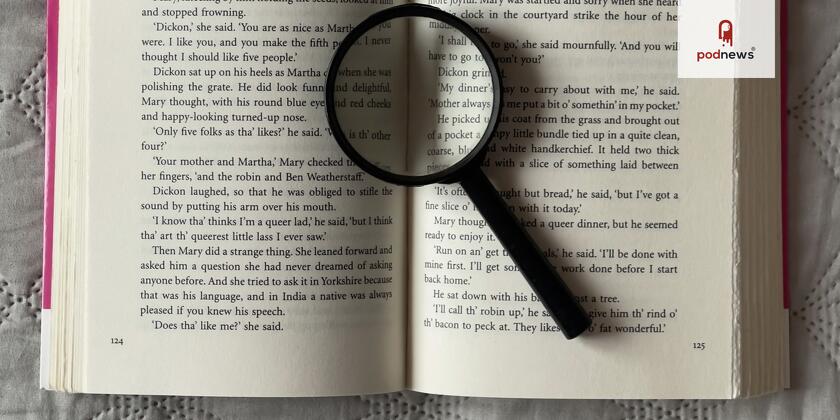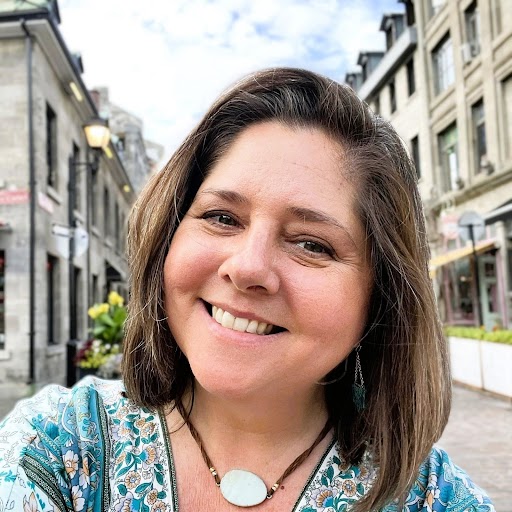
There’s a Book Hiding in Your Podcast Feed

Once a podcast passes the 50-episode mark, something subtle — but significant — begins to happen. It becomes more than content. It starts to reveal a body of work.
Most experienced hosts are focused on growth metrics, guest quality, or monetization strategy. But over time, patterns emerge. Themes repeat. A voice sharpens. A set of lived-in ideas begins to form.
In a medium obsessed with what’s next, turning backward is often where the real insight lives.
Many podcasters don’t realize it, but their show may already contain the raw material for a structured, voice-driven nonfiction book — one that extends their authority, deepens their message, and lasts far longer than any feed.
Rethinking the Sequence
The traditional model says: build the show, grow the list, then write the book. In that playbook, the podcast warms up the audience and refines ideas before “the real work” begins.
But what if the real work is already happening?
One team of co-hosts — a retired firefighter, a trauma therapist, and a clinical psychologist — had spent years interviewing mental health experts about the needs of first responders. When they began exploring what might be possible beyond the podcast, something clicked: they weren’t just hosting a show. They were curating insight. With guidance, they began shaping that archive into a practical, trauma-informed guide for clinicians — a first-of-its-kind resource built directly from the conversations they’d already recorded.
They didn’t start with a book idea. The book emerged from the work they had already done.
How to Know If Your Show Is Book-Ready
Not every podcast lends itself to print. But many more do than most hosts assume.
Ask yourself:
-
Do your episodes keep circling the same tension, belief, or question?
-
Are there 8–12 episodes you’d give someone as “your best thinking”?
-
Do guests — even unknowingly — echo similar insights?
-
Have you started quoting your own episodes in articles, workshops, or conversations?
These are more than signs of consistency. They’re signs of authorship in progress.
Another host duo — a married couple in the midst of becoming empty nesters — started their podcast to make sense of a quiet house and shifting identity. As the show evolved, they began working with an editorial partner to reflect on what they’d built. What emerged was a candid, practical, often humorous roadmap for a life stage many families share but few discuss. Their episodes became the spine of a book that now speaks to both adult children and the parents learning how to stay connected.
Not Just Repurposing — Reframing
Clips and quotes are one thing. But adapting a podcast into a book requires more than repurposing.
It’s about reframing.
Where podcasts unfold in real time, books crystallize. They provide structure. They create space for the argument behind the anecdote. They last. In a world where content disappears into the scroll, a book gives your thinking a second life.
That’s why even experienced authors are turning to their podcast libraries. One well known leadership consultant and speaker — already with several traditionally published, truly bestselling books — had spent years recording long-form interviews with executives, experts, and changemakers. It wasn’t until she stepped back with support from an editorial team that the bigger picture came into focus. Across nearly 300 episodes, she’d been charting an arc of transformation and reinvention. That arc is now the foundation of a new book that expands her voice and thought leadership rather than just extending it along her previous themes.
A Medium Shift, Not Just a Format One
Podcasting builds trust. But for hosts who’ve been at it for years — who’ve shown up, followed their curiosity, and stayed inside the questions — it builds something more.
It builds a long-form, episodic act of authorship.
That doesn’t mean every podcast should become a book. But many could. And for podcasters ready to deepen their message, scale their reach, or create a more lasting asset, the best place to start might not be the next episode. It might be the last 100.
The next chapter of your work may already be written. You just haven’t seen it on the page yet.


































































































